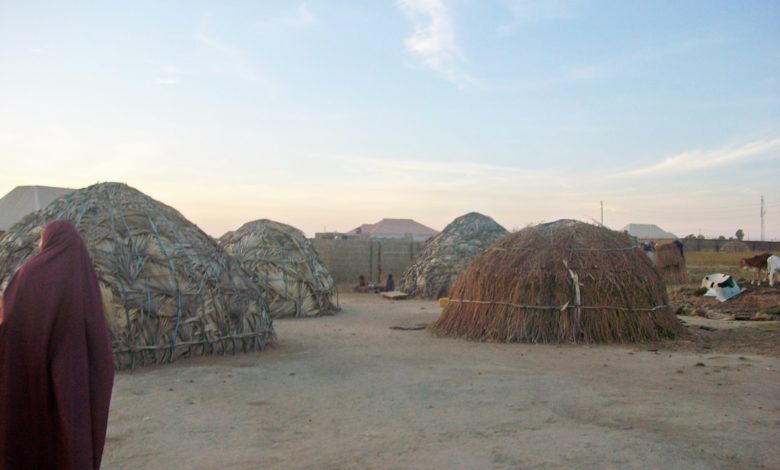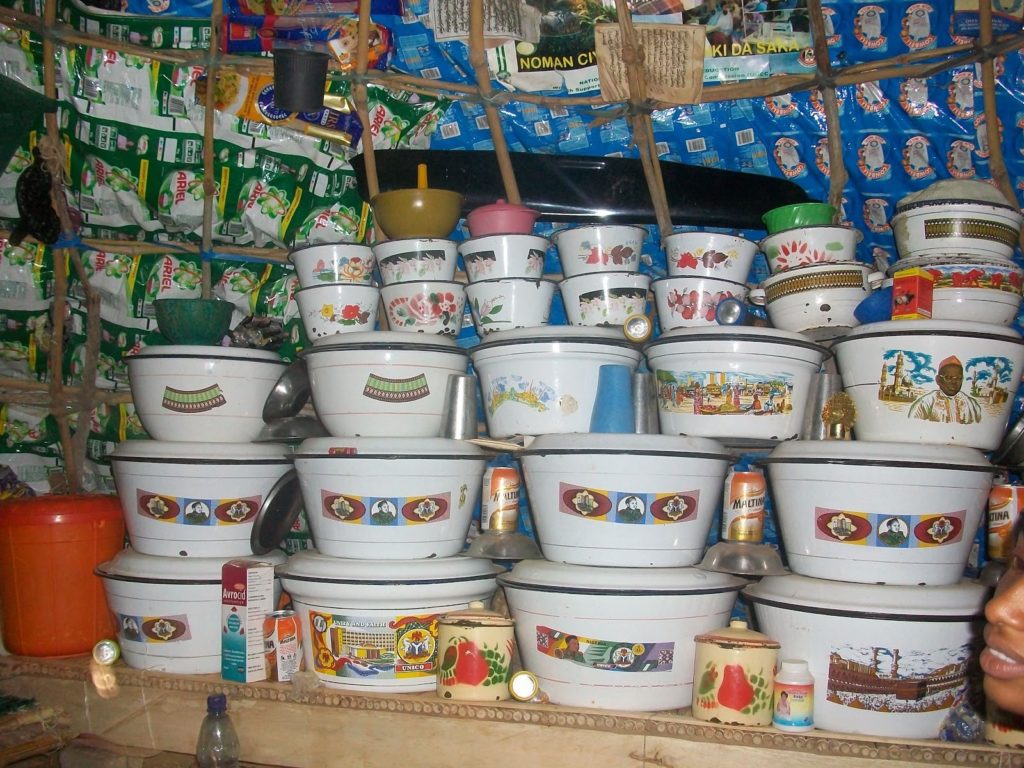Lifestyle: Sullubawa People Of Kaduna State

In the remote plains of Igabi Local Government Area of Kaduna State live Sullubawa people. They are herders by occupation and live in their local huts known as Bukka.
The people have lived here for many years without electricity or pipe-borne water. They migrated from Zamfara State many years ago. Their women sell the local cow milk known as “nono’ and their children do not go to school.
During an interview with one of the women, known as Maman Nana, she described their ways of living and the problems they encounter.
“We are Sullubawa people who migrated from Zamfara years ago, we live in our cosy hurts and sell nono while our husbands and sons herd our animals,” she said.
When asked why their children do not go to school, she said, “We would like our children to go to school but we cannot afford it. Things are hard nowadays and the hike in the prices of foodstuffs has made life harder.”
These people live in huts made of thatch, straw and palm fronds. One will wonder how they live in these small huts in the rainy or cold season. A newly wed bride invited us into her bukka and explained how durable the bukka is.

She said, “our huts are warm in the cold season and cool during hot weather. It is spacious on the inside as it is used both as a living room and bedroom. We decorate the interior with porcelain bowls of various colours.”
The men build numerous of these huts for their families depending on how large the family is.
A typical family’s house will consist of three or four bukkas used as living rooms for the husband, his wife or wives and another for the children. Also, they build kitchens and toilets or bathroom using the same palm fronds.
When asked how they survive without electricity or pipe-borne water, she said: “Right from time, we are not used to electricity; we have lamps which we use to illuminate our rooms, also we have wells and streams where we fetch water from.”
Speaking to a maiden on sales and sources of income, she said the “Lack of money and stigmatisation have heavily affected our sales. Most people do not patronise us anymore as they think we are terrorists or bandits.”
Another woman named Maman Jabbo said “some people attacked our husbands in the forest where they herd and stole cattle. We are now left with nothing.”
Many admire the humble and simple lifestyle of the people but worry about the lack of education for their children.
As the world moves on, it is important to also adjust to it, the education of the younger generation would lead to the betterment of lives for them, some people say.
Support Our Journalism
There are millions of ordinary people affected by conflict in Africa whose stories are missing in the mainstream media. HumAngle is determined to tell those challenging and under-reported stories, hoping that the people impacted by these conflicts will find the safety and security they deserve.
To ensure that we continue to provide public service coverage, we have a small favour to ask you. We want you to be part of our journalistic endeavour by contributing a token to us.
Your donation will further promote a robust, free, and independent media.
Donate HereStay Closer To The Stories That Matter





Interesting and thought provoking.
Those dishes are enamel, not porcelain